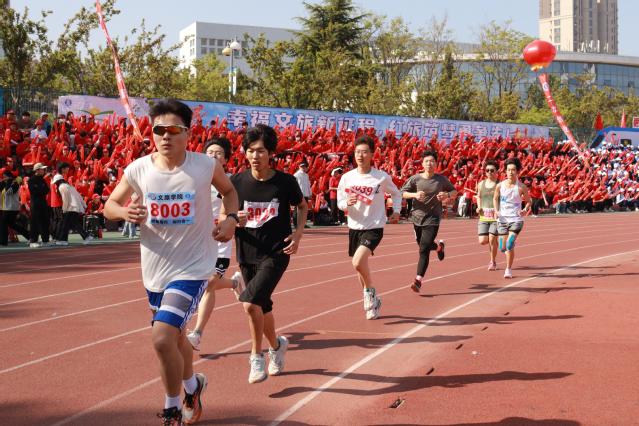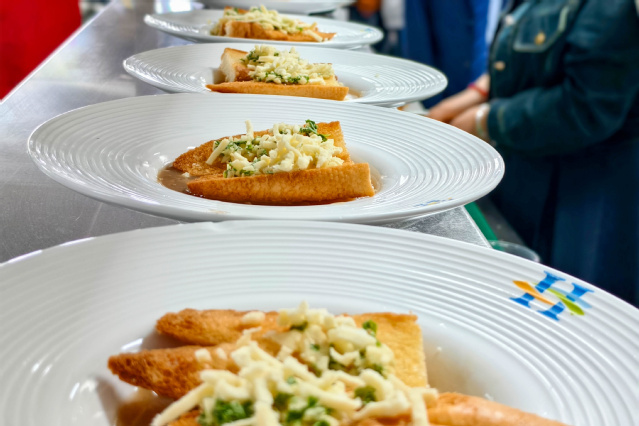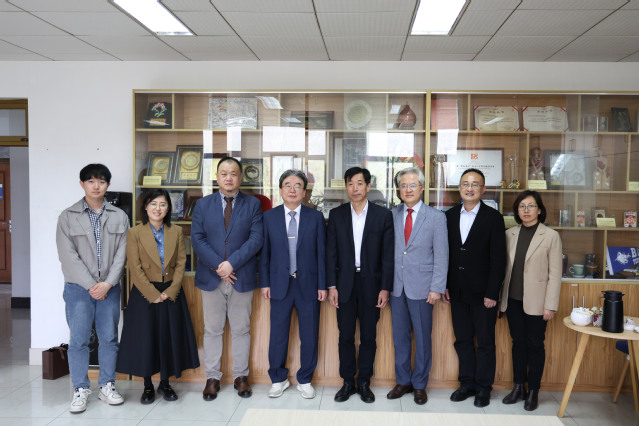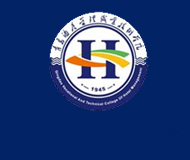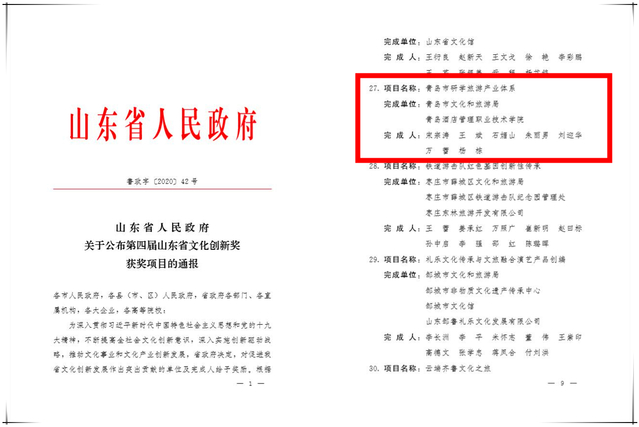
By Dong Quanyue, Qingdao Vocational and Technical College of Hotel Management
The project " the construction of research tourism system in Qingdao", which was completed by the faculty of the Dept. of Culture and Tourism in cooperation with the Qingdao Bureau of Culture and Tourism, was rated as the 4th Shandong Cultural Innovation Award.
In this project, the Dept. of Culture and Tourism innovatively put forward the idea of strengthening the top-level design, insisting on the linkage between production and education, highlighting the demonstration, leading and cultivating the industrial chain, which realizes the three major innovations of the concept, system, mechanism and method of the research tourism industry. It also created the research tourism brand of Fashion Qingdao, Dynamic Research, and assisted the government to solve the common problems and development bottlenecks in the industry. We played the leading role in serving the local area and helping the industry.
About Shandong Cultural Innovation Award
The Award that is elected every two years is the only highest cultural innovation award approved by the central government and set up by the provincial government. Since the first selection was successfully carried out in 2013, it has been elected for four times, with 30 outstanding achievements each time. It aims to vigorously promote the implementation of Shandong's strategy of strengthening its economy and culture, guide and encourage the innovation in cultural and tourism fields.
About Shandong Institute of Research Tourism
The Institute was established in our college in January 2018. It has successively participated in the government's formulation of four policy documents, led the establishment of one industry association and one research think tank. It assisted in the construction of two batches of demonstration bases, completed 12 vertical subjects above the level of city, undertaken 3 related horizontal subjects, and published 7 papers. It also designed more than 100 research courses, and delivered training lectures covering more than 1 million people, and set up the first class of research tourism.

